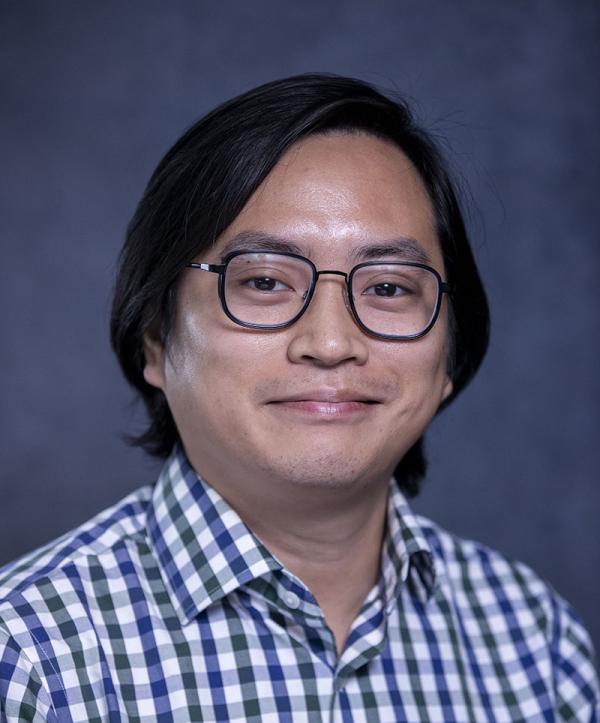Bridging Research and Community: Insights from a New York CEAL Regional Team Community Partner
Steven Chan, M.P.H., is the senior lead for evaluation and special projects with the Staten Island Partnership for Community Wellness* (SIPCW). SIPCW is one of the New York CEAL Regional Team’s* (NYCEAL) community partners. NYCEAL will present its research findings at the upcoming American Public Health Association (APHA) Conference about building effective vaccine messaging. In this interview, Chan shares his insights on how NYCEAL and SIPCW integrate community voices at every stage of their research and highlights the long-term goals of fostering trust in public health research.
What is the objective of this research?
This research is designed to identify the specific components of a public health messaging campaign that are most effective in moving community members to get themselves or their children vaccinated.
How did NYCEAL and SIPCW ensure that community voices were heard and integrated into the research?
We designed this project with our biweekly NYCEAL formative research group where community partners provided input on the development of the research design and focus group guide. We know that in a city as large and racially, ethnically, and linguistically diverse as New York, it will always be a challenge to get full representation from all the populations that live, work, and play here.
Through collaborations with these partners, the NYCEAL coalition conducted 14 focus groups in New York City, hearing from 119 adults of varying backgrounds and life experiences. By making our focus groups available in Spanish, Korean, Chinese, Bangla, and Urdu, we were able to collect input from several groups who are rarely represented in research.
What impact do you hope these community engagement efforts will have long term?
Public health research relies on having community members as equal stakeholders in the process. Community members should be engaged in every step of the process, from identifying the issue to formulating the research question, from designing the data collection instruments to collecting the data, and from analyzing and interpreting the data to presenting it back to the community.
We listened to our communities with open minds and demonstrated a level of transparency with how we receive and integrate community feedback into our work. We hope that by engaging the community as we have, we can encourage trust in NYCEAL, in its partners, and in science as a whole. We want our community to understand the role they play in advancing public health research. Involving community members in research ensures the sustainability of key takeaways and initiatives even after funding is gone.
How has this partnership benefited your research and community engagement efforts?
Our NYCEAL group led by Mount Sinai and NYU Langone have steadfastly supported SIPCW for the past five years, both in terms of research and evaluation expertise and in terms of funding through mini grants. We are grateful for their continued partnership and how our collaboration with them connects us to other researchers and community-based organizations across New York City that are also doing important work in the community.
Attend the NYCEAL presentation, Building more effective vaccine messages: Lessons from a participatory design focus group*, on Tuesday, October 29, from 12:30-1:30 p.m. at APHA.

Steven Chan, M.P.H.
Last updated: March 7, 2025